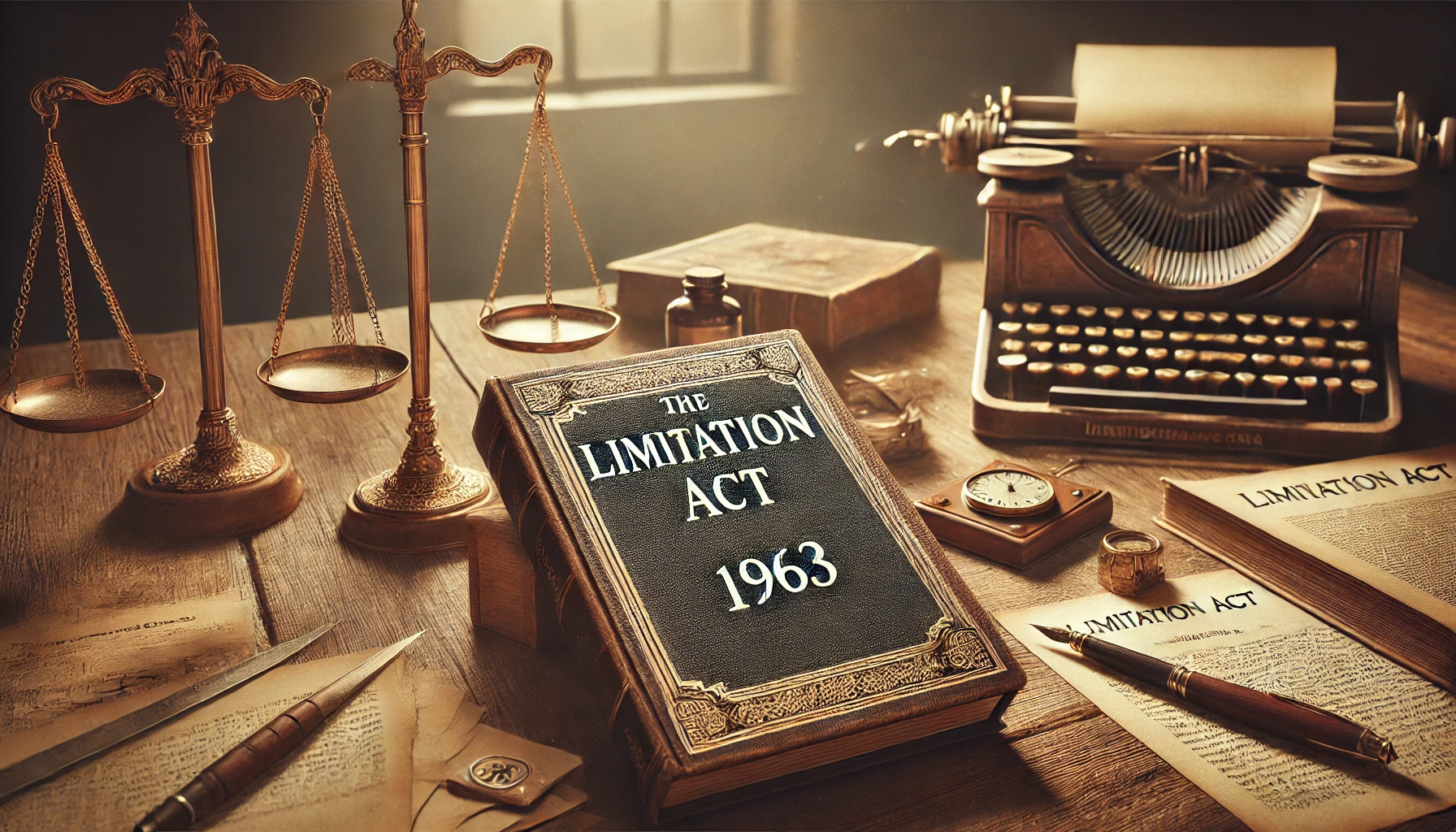Section 4 of the Limitation Act, 1963 addresses the situation when the prescribed period for any legal action expires on a day when the court is closed. This section provides a safeguard to ensure that the right to institute a legal action is not unfairly curtailed due to court holidays or closures.
It is to be kept in mind that since Section 4 is an exception, it will not increase the prescribed period (PP). It is just an exception to Section 3.
Text of Section 4:
“Expiry of prescribed period when court is closed:
Where the prescribed period for any suit, appeal, or application expires on a day when the court is closed, the suit, appeal, or application may be instituted, preferred, or made on the day when the court reopens.
Explanation: A court shall be deemed to be closed on any day if during any part of its normal working hours it remains closed on that day.”
Key Points:
- Prescribed Period: The term “prescribed period” refers to the time limit set by the Limitation Act for initiating a legal action. These periods vary depending on the nature of the suit, appeal, or application.
- Court Closure: This section applies when the last day of the limitation period falls on a day when the court is closed. This closure can be due to weekends, public holidays, or any other reason that leads to the court being non-operational during its normal working hours.
- Extension to the Next Working Day: If the last day of the limitation period is a day when the court is closed, Section 4 allows the action to be initiated on the next day when the court reopens. This provision ensures that parties are not deprived of their right to legal recourse simply because the court was closed on the last day of the limitation period.
- Explanation Clause: The explanation to Section 4 clarifies that a court is considered closed if it remains closed for any part of its normal working hours on a given day. This means that even if the court is open for a brief period but is closed for the majority of its working hours, it is still deemed to be closed.
Practical Implications:
- Fairness and Justice: This provision aims to ensure fairness and justice by accommodating the practical realities of court closures. It prevents the limitation period from expiring on a day when it is impossible to take legal action.
- Legal Strategy: Lawyers and litigants must be aware of this provision as it can be crucial in planning the timing of filing suits, appeals, or applications. It provides a cushion period to ensure that their actions are not dismissed on technical grounds of being time-barred.
- Administrative Ease: It simplifies the administrative process by providing a clear rule for handling cases where the limitation period ends on a day the court is closed, thus avoiding confusion and potential disputes over filing deadlines.
Examples:
- If the last day to file an appeal is on a Sunday (a non-working day for courts), under Section 4, the appeal can be filed on the following Monday when the court reopens.
- If a public holiday falls on the last day of the limitation period, the legal action can be initiated on the next working day immediately after the holiday.
Conclusion:
Section 4 of the Limitation Act is a crucial provision that ensures the right to legal action is preserved despite court closures. It reflects the principle that procedural technicalities should not impede access to justice. By allowing the initiation of legal proceedings on the next working day after a court closure, it provides a practical solution to a common issue, thereby promoting fairness and equity in the legal process.

